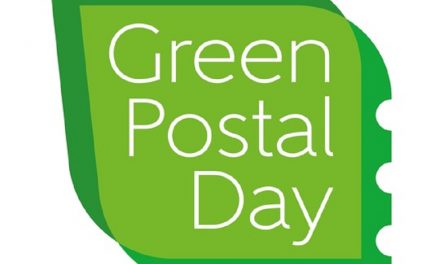
IPC to reduce the burden and the cost of EU ICS2 for posts

The International Post Corporation IPC has announced it will officially transmit data to EU ICS2 on behalf of 26 posts.
As of 15 March, the new EU ICS2 system entered into force, under which all goods imported into the European Union customs area, including through postal networks, will have to be pre-registered.
This new obligation represents an operational challenge for posts. IPC worked together with its member posts to develop a solution to address this.
Thanks to IPC COMETS (Centralised Operational Message Exchange and Translation System), postal data are transmitted to the EU system in a centralised manner, considerably reducing the burden and the costs for posts. Following conformance certification by the European Commission, IPC has been certified as the official sender of the data on behalf of 26 posts participating in COMETS.
Holger Winklbauer, CEO, IPC, said: “The entry into force of the new ICS2 obligation represents a major challenge for EU posts importing goods into the EU. The launch of IPC COMETS is the result of a successful cooperation with our members. It shows how IPC can supports its members to deal with these kinds of requests in a streamlined and cost-effective way. In addition, COMETS has the potential to be used to assist posts with similar international pre-registration obligations in the field of customs or security”.
IPC COMETS is designed to map electronic data messages from the postal EDI format to the EU’s Entry Summary Declarations (ENS) format. Since the required data is already available in the IPC Data Hub and is already transported over IPC’s Message Exchange Platform, extending these systems to provide a centralised solution enables the posts to comply with the new obligations in a streamlined way and at a lower cost.
Posts had to adapt their local operational processes to implement all ICS2 requirements and, where appropriate, integrate their operational systems with this centralised system. The sending post may have to give more information on a specific shipment, following a possible request from the local customs issued through the European Commission system. The destination post may then have to take actions accordingly (e.g. stopping a shipment).












